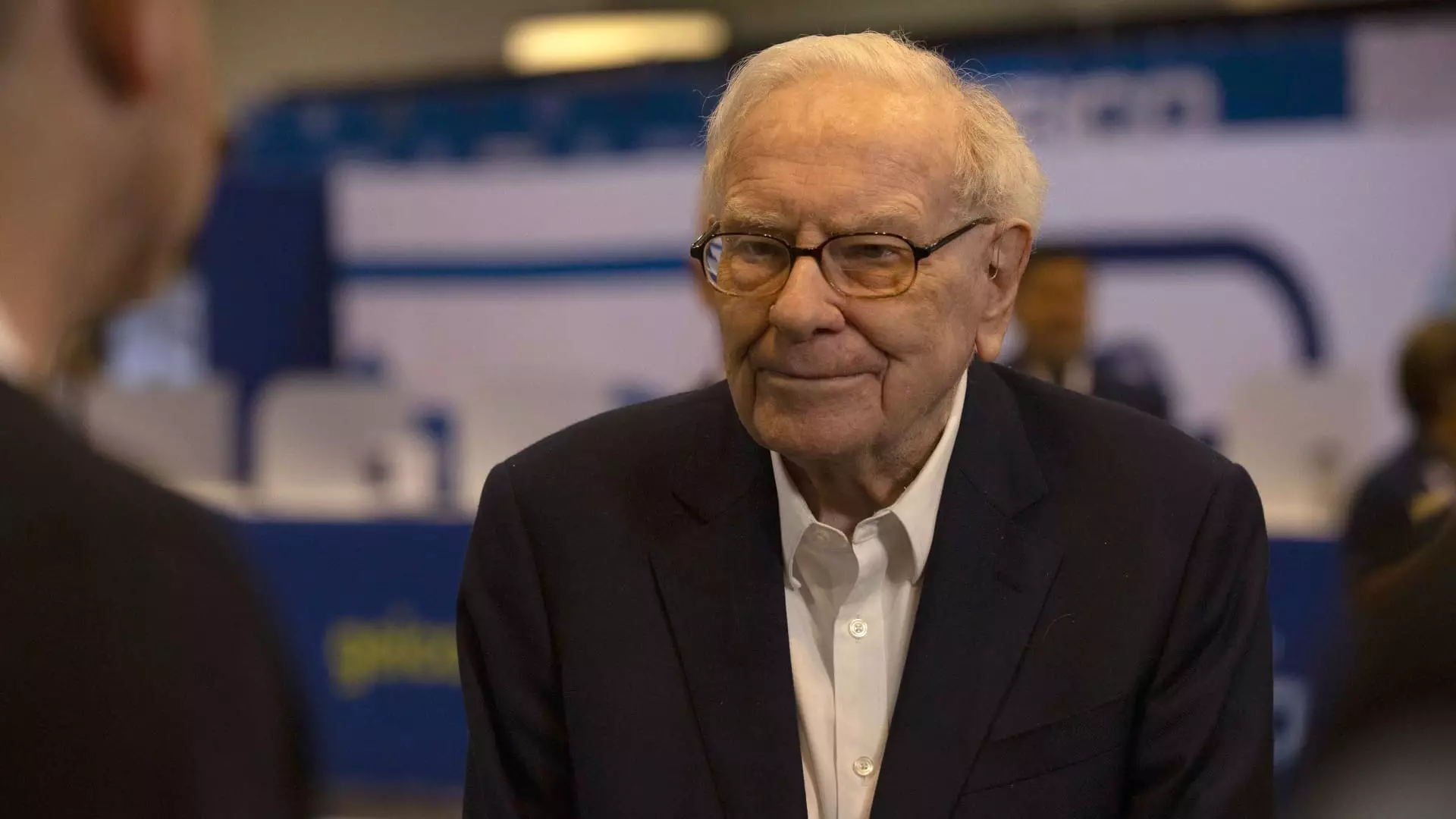Warren Buffett, the renowned investor and CEO of Berkshire Hathaway, has recently made headlines by reducing the conglomerate’s stake in Bank of America (BofA) to below the significant threshold of 10%. This move comes as part of a broader divestment strategy initiated in mid-July, with a notable sale of over 9.5 million shares executed through multiple transactions reported to the U.S. Securities and Exchange Commission (SEC). As a result, Berkshire’s holdings in BofA have dwindled to approximately 775 million shares, corresponding to a stake of about 9.987%.
This decrease is significant not only for the share price implications but also due to the regulatory landscape surrounding large shareholders. The SEC mandates that entities owning more than 10% of a company must file reports detailing their transactions within two business days. By dipping below this threshold, Berkshire Hathaway will no longer bear this reporting obligation, allowing Buffett greater latitude in his investment maneuvers. However, this also means that the investing public will have to wait for the next quarterly 13F filing in November to gain insights into Berkshire’s broader investment strategy related to BofA.
The Banking Landscape: An Ominous Outlook?
Buffett’s selling activity may raise eyebrows, especially considering his historical commitment to BofA. He famously invested $5 billion in preferred stock and warrants back in 2011, aiding the bank during a tumultuous period following the subprime mortgage crisis. That investment later transformed into a major ownership stake, solidifying Berkshire as the largest institutional investor in the bank. However, Buffett’s mindset seems to be shifting amidst an evolving financial landscape, marked by recent banking crises and growing concerns regarding the stability of deposits.
This cautious approach is further underscored by Buffett’s reflections on past banking failures, particularly those observed during the global financial crisis of 2008 and the more recent turmoil seen in 2023. He emphasized the detrimental impact these crises have had on public confidence in the banking sector, exacerbated by what he perceives as inadequate messaging from regulators and policymakers. As the banking environment contends with digitalization and innovations in fintech, Buffett’s prudence regarding ownership stakes in the sector becomes increasingly relevant.
Bank of America’s Resilience Amidst Shakeup
Despite Berkshire Hathaway’s selling spree, Bank of America’s stock has remained relatively stable, inching up by approximately 1% over the past month. This resilience appears to be buoyed by BofA’s own share repurchase efforts and management’s commitment to navigating the current economic challenges. CEO Brian Moynihan’s remarks indicating market absorption of the stock suggest a degree of confidence from leadership, despite worries surrounding investor sentiment that have arisen from Buffett’s recent actions.
The dynamics of Buffett’s divestiture and the broader market response reveal an intricate landscape where investor confidence, regulatory pressures, and economic realities converge. As one of the most scrutinized figures in finance, Buffett’s every decision carries analysis and implications that extend far beyond the individual transactions themselves, influencing shareholder perceptions and market trajectories alike.
Warren Buffett’s recent stake reduction in Bank of America encapsulates a substantial shift in strategy at a pivotal moment for the banking sector. It highlights both his cautious outlook on the industry and the ongoing evolution of investor confidence amidst digitization and financial innovation—factors that are reshaping the playing field for traditional banking institutions.

Leave a Reply